In the heart of organic farming and gardening lies a tiny yet mighty hero – the composting worm. These little wrigglers are nature’s recyclers, turning kitchen leftovers, garden debris, and almost any organic waste into black gold, also known as compost. This magical process reduces waste and enriches our soil, making plants happier and healthier. But not all worms are cut out for the job of composting. Today, we’re diving into the world of composting worms, comparing the top contenders to help you pick the perfect partners for your composting adventures.
Red Wigglers: The Composting Superstars
Red Wigglers (Eisenia fetida) are often the first choice for composting enthusiasts, and we must admit they are our favorites. And for good reasons! These little red workers are composting powerhouses known for their voracious appetite. They can eat up to half their body weight in organic material daily, transforming scraps into nutrient-rich compost faster than you can say “black gold.” They thrive in various environments, from indoor bins to outdoor compost piles, making them versatile and easy to keep.
Facts about Red Wigglers
- Red Wigglers are the friendly neighbors of the composting world, thriving in a wide temperature range from 55°F to 77°F, making them perfect for almost any climate. Their incredible appetite allows them to consume up to half their body weight in organic waste daily, quickly transforming kitchen scraps and yard waste into nutrient-rich compost.
- Surprisingly easy to care for, Red Wigglers are low maintenance and thrive in a simple compost bin setup, making them ideal for composting newbies or those seeking a hassle-free recycling method. Their hardiness and ability to adapt to various conditions make them a forgiving choice for novice composters, ensuring your organic waste is turned into something extraordinary.
- Red Wigglers provide a great introduction to composting and sustainable waste management, working quickly and adapting to most climates with straightforward care. By incorporating these enthusiastic composters into your routine, you’re reducing waste and contributing to a cycle of renewal that benefits your garden and the planet.
The European Nightcrawler: A Close Contender
European Nightcrawlers (Eisenia hortensis) are another popular choice for composting. Slightly larger than Red Wigglers, they’re not just good at composting; they’re also excellent fishing bait. These worms are a bit more temperature-sensitive but can still process a significant amount of organic waste.
Facts about European Nightcrawlers
- European Nightcrawlers are the multitasking maestros of the composting scene, thriving in cooler temperatures yet adaptable enough to feel at home in various environments. Despite their preference for the chill, they break down kitchen scraps and yard waste efficiently, though a tad slower than Red Wigglers, still producing nutrient-rich compost for your garden.
- Their dual-purpose nature makes European Nightcrawlers stand out; they’re fantastic at composting and serve as top-notch fishing bait due to their larger size and lively movement. This unique combination of traits ensures they’re a hit in the compost bin and on the fishing hook, offering the best of both worlds for those passionate about composting and fishing.
- Embracing European Nightcrawlers for your composting efforts or fishing adventures means investing in the adaptability and efficiency that these worms bring to the table. Their ability to flourish in cooler climates and double as high-quality bait makes them a superb choice for composting enthusiasts and anglers, merging waste reduction with the joy of fishing.
The African Nightcrawler: The Warm Weather Friend
African Nightcrawlers (Eudrilus eugeniae) love the heat, making them ideal for composting in warmer climates. They grow larger than Red Wigglers and European Nightcrawlers, meaning they can process larger pieces of organic material. However, they’re not as cold-tolerant, limiting their use in cooler regions.
Facts about African Nightcrawlers
- African Nightcrawlers are the sun-loving giants in the composting community, ideal for those in warmer climates who prefer temperatures above 60°F. They thrive in the heat where others might not, actively and efficiently turning scraps into compost, thus speeding up the composting process significantly in their favored warm conditions.
- Their larger size is a boon for composters, allowing them to easily handle bigger pieces of organic waste, which means less prep work for you and quicker compost production. These worms are perfect for tackling larger scraps, from vegetable cuttings to yard waste, making them a powerhouse in any composting setup.
- Embracing African Nightcrawlers for your composting needs means harnessing the power of these warm-weather warriors to enhance your composting efficiency. Their love for heat, fast composting speed, and ability to process larger waste make them an invaluable asset, especially in hotter regions, swiftly transforming your organic waste into nutrient-rich compost.
How to Choose the Right Worm for Your Compost
Choosing the right composting worm for your garden is like picking a favorite character in a book; each has unique traits and strengths, and the best choice depends on your situation and preferences. Let’s delve into the world of Red Wigglers, European Nightcrawlers, and African Nightcrawlers to help you decide which worm will be the hero of your composting story.
Climate Compatibility
- Red Wigglers are the versatile heroes of the composting world, thriving in various temperatures from 55°F to 77°F. They’re well-suited for most climates, making them a reliable choice whether you live in a region with four distinct seasons or one that enjoys moderate temperatures year-round.
- European Nightcrawlers prefer cooler temperatures but are adaptable warriors who survive in various conditions. If your compost bin is in a location that doesn’t get too hot, these worms could be your ideal match.
- African Nightcrawlers bask in the warmth and are best suited for composters in warmer climates. These sun-loving worms will thrive if you’re in an area with hot summers and mild winters.
Composting Speed and Efficiency
- Red Wigglers are the speedsters, efficiently turning scraps into compost in just a few months. Their quick work and voracious appetite make them a top choice for those looking to produce compost at a rapid pace.
- European Nightcrawlers take a more leisurely approach than Red Wigglers but are still efficient composters. Their slightly slower pace is a small trade-off for their adaptability and the benefit of being excellent fishing bait.
- African Nightcrawlers also boast a fast composting speed, especially in their preferred warm environments. Their larger size allows them to handle bigger scraps, reducing your prep time.
Maintenance and Care
- Red Wigglers are the epitome of low maintenance, making them perfect for beginners. Their hardiness and ability to thrive in various conditions make them a worry-free choice for your compost bin.
- European Nightcrawlers offer a balance between efficiency and ease of care. While they might need a bit cooler conditions, they’re still relatively easy to maintain and provide the bonus of being dual-purpose.
- African Nightcrawlers require more attention to temperature but reward you with rapid composting and the ability to process larger waste items. They’re a great choice if you’re in a warm climate and are looking for a worm that can handle a bit more bulk.
Regardless of your type, composting worms is a sustainable and efficient way to reduce household waste and improve soil health. They’re not just worms but eco-friendly heroes in the quest for a greener planet.
The Verdict
While Red Wigglers are often hailed as the champions of composting, European and African Nightcrawlers offer unique benefits that might suit your specific needs better. Consider your local climate, composting goals, and whether you also need fishing bait when choosing.
Check out Uncle Sam’s offers on worms and everything you need to keep them happy. And if you’re new to vermicomposting, you find everything you need to know to start your worm farm in this article.
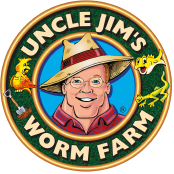

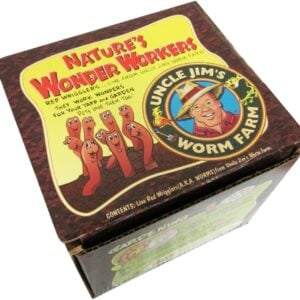
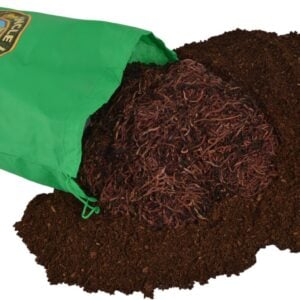
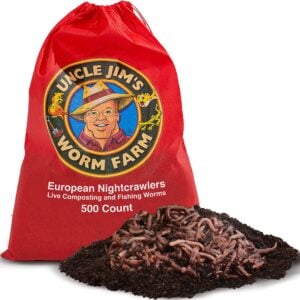
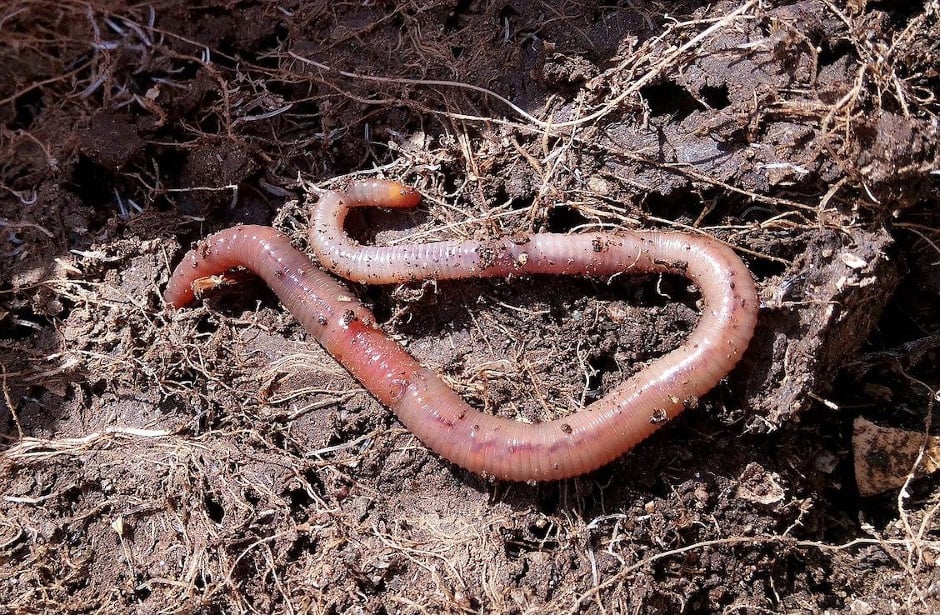



3 thoughts on “What Kind of Composting Worm is Right for You?”
Can you put red wigglers and African night crawlers in the same compost bin? My son has taken up fishing and I’m trying to decide if I can just add nightcrawlers or if I need to get him a separate composting set up.
Does anyone have a contact number? My worms were shipped out on April 11th and the tracking says they are at the second stop.
I’m interested in adding worms to my raised beds. There is a considerable amount of organic matter in the beds.
Are any of your worms suitable for such use?